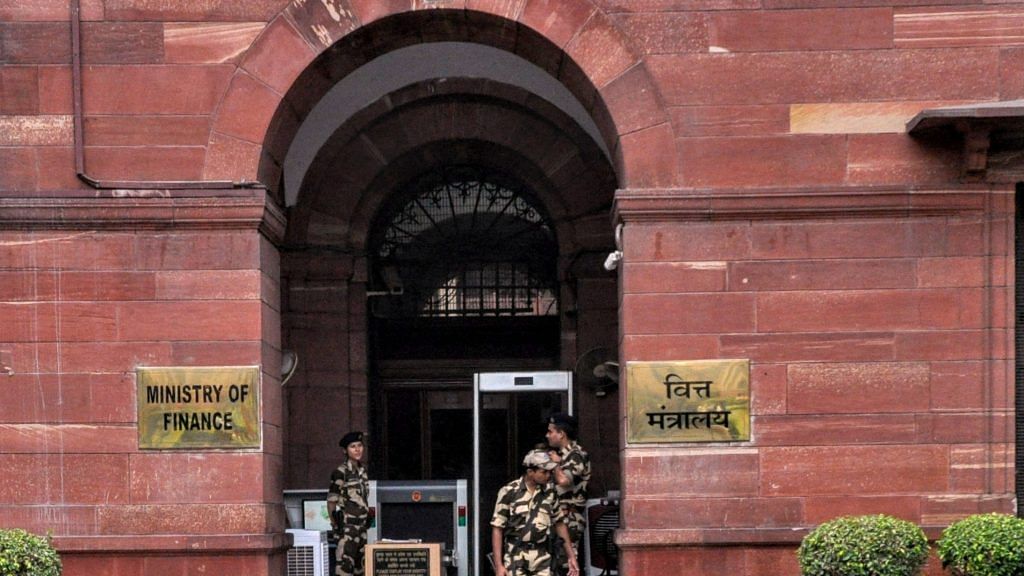New Delhi: The finance ministry cited donor privacy and inadequate digital penetration to push ahead with physical electoral bonds for political party funding in the face of the RBI’s opposition to the instruments.
In September 2017, then RBI governor Urjit Patel had written to the finance ministry about concerns regarding electoral bonds, especially the probability of their misuse for money laundering.
He then made a push for digital demat electoral bonds to ensure a trail of transactions is available to prevent “unscrupulous elements” from misusing the scheme.
Concluding this letter, Patel underscored the need for the RBI to be “the exclusive authorised authority to issue EBs”.
The budget division of the ministry subsequently prepared a draft response to the RBI’s concerns, saying “the physical mode is necessary at least initially to popularise electoral bonds and cover people of all strata”.
“Small donors may not be familiar and comfortable with the digital processing and would like to get a physical bond,” the division noted. “Also, even big donors will not be comfortable with proposed digital handling since the RBI would have all details and donors would carry fear of loss of anonymity.”
The RBI’s letter and the budget division’s comments were both accessed by activist Anjali Bhardwaj under the Right to Information (RTI) Act.
Electoral bonds are financial instruments brought in by the Modi government, which claims they aid transparency in political funding.
Potential donors can buy the bonds in denominations of Rs 1,000, Rs 10,000, Rs 1 lakh, Rs 10 lakh and Rs 1 crore from SBI branches and hand them over to a party of their choice. The bonds neither carry the name of the donor nor the recipient.
The budget division’s comments on electoral bonds came less than a year after the Modi government demonetised Rs 500 and Rs 1,000 notes with the aim of curbing black money and promoting digital transactions.
Also read: In defence of electoral bonds: Why it’s a positive step & critics are wrong
Money laundering concerns
In his letter to then finance minister Jaitley, Patel pointed out that the bonds should be issued in an electronic format with the RBI as the depository. It had also flagged concerns that a physical issuance could aid in money laundering.
The finance ministry, however, argued that the risk was the same in both physical and electronic forms since the details of electronic bonds could be transferred to anyone.
The RBI, in a subsequent letter, also countered the finance ministry’s concerns about donor privacy in demat issuance. The RBI, the central bank noted, will remain the sole custodian of the information of the initial subscriber and the subsequent transferees.
The government, however, chose to disregard the concerns expressed by the RBI, as well as the central board of the bank, and moved ahead with the proposal.
The SBI went on to issue physical electoral bonds through its branches beginning March 2018, and the instruments have since become a major source of funding for political parties.
Bonds to the tune of Rs 6,128 crore have reportedly been sold by the SBI between March 2018 and October 2019, according to the NGO Association for Democratic Reforms.
Also read: Electoral bonds are a constitutional hazard but transparency alone isn’t the solution
